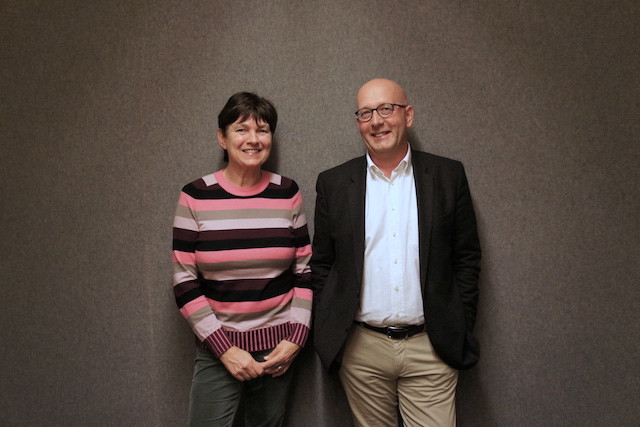Instead of listening to a teacher tell them what living conditions were like, students can relive life in seventeenth century Luxembourg through a role-playing game called “Luxembourg 1665, The quest for the ring”.
“It’s a collaborative game based on the model of pen and paper games where there’s a game master who tells the story and the players have characters,” creator Marie-Paul Jungblut told Delano.
Henri, the protagonist, is trying to track down a ring which he needs to be able to marry Marguerite, his girlfriend who, in a modern touch added to help young people relate to the characters, is pregnant. The action takes place in several locations around the Marché aux Herbes, next to the Grand Ducal palace. Each location provides different subject matters, for instance social hierarchy and drinking habits. What they take away can then be applied to advance the story with groups voting to decide what action Henri should take.
There are several ways to complete the quest, but learners must interact with visual prompts and fellow players to get there. “That way the teacher is not giving the information but learning is a process for the student and the teacher is only the guide,” Jungblut explained.
A game for tablet
The public historian came up with the idea when she realised that students at the university had gained a certain amount of historical knowledge through video games, such as “Assassin’s Creed”. The idea is now to develop the pilot into an interactive game on tablets for young people aged 13-17, which can be played over five classes of 50 minutes.
“What’s important is this age group is the most difficult to take into historical education,” head of university technology transfer Eric Tschirhart said, adding that the advantage of the game is its digital context. “The interface is something known to them, So, you don’t end up with a history book and just learning the text. This is something completely different in terms of educational approach.”
The concept has thusfar only been developed for social sciences in the seventeenth century, but Jungblut suggests it can provide a framework for a variety of other content, opening the door for other audiences and applications, such as helping groups like the elderly have an immersive museum experience. “Here you take the experience to a group of people. I think that’s a big market that sometimes is neglected,” she said. Tschirhart cites tourist offices, museums and even companies for potential to use the model to transfer knowledge and skills and make users more independent as learners. “People see it as a real tool to transfer knowledge. Also the major value for me is to transfer knowledge within disciplines which are not so evident at the start,” Tschirhart said.
The project, which would cost an estimated €500,000 to develop into an interactive tablet game, is seeking finance. Click here to find out more about Luxembourg 1665.
